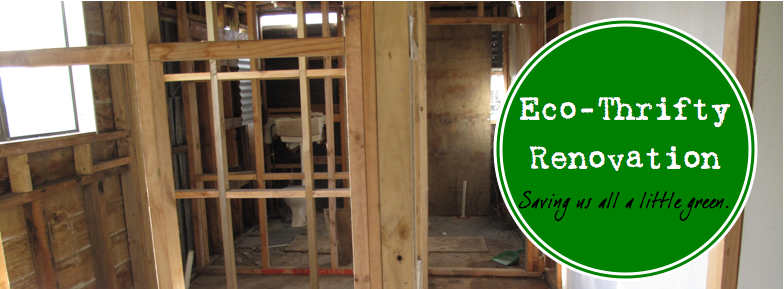There has been a lot of press dedicated to a ‘Living Wage’
lately, with a number of articles and editorials addressing the issue in the Chronicle. For our fair city, that designates a ‘hot topic,’
although I reckon our malodorous melodrama stands no chance of being displaced
as the top press-getter. To alleviate the risk of upsetting advocates of $18+
per hour, I’ll try to present my contrary position as carefully and clearly as
possible.
Please be aware that I am not opposed to raising wages for
the lowest paid workers, but I see it as the same old glass half empty thinking that appears to pervade most thinking on
the national, regional and district levels. The problem with this type of
thinking is that everyone else is thinking the same way, and ‘growth’ (wage
rises in this case) becomes a competitive proposition between every
municipality in the country and the world. In other words, when every town,
city, and country says, “We’ve got to boost ‘economic development’,” they are
competing against one another for a limited number of industries and jobs.
What appears to happen is that tax incentives and other
sweet deals are used to attract industry and the associated jobs. In most
cases, the industry relocates, which
means that jobs are lost in another community. In terms of the number of jobs,
it is usually a zero sum game. This is called ‘globalization’, and in most
cases it is a race to the bottom for wages. The recent ANZ announcements in
Australia and New Zealand of shifting call centre jobs to India provide good
examples of this.
At the same time, industry can hold municipalities and
nations ‘hostage’ by threatening to leave, unless… For example, I believe some
of Wanganui’s industries have said they would leave us if they had to pay for a
separate treatment facility for their wastes. Not to beat a dead horse (or what
smells like one!), from what I understand it was a protein dump from one of
these industries that has lead to our hell smell.
Who is to blame industry to taking such a position, when
‘everyone else is doing it’, and corporations can justify anything on the
grounds of maximizing profits? But what this leads to is increasing income
inequality: the rich get richer and the poor get poorer. This trend has been
going on worldwide since the early 1970s, and, from what I understand, in New
Zealand since the mid-1980s. New Zealand now ranks among the top countries in
terms of income inequality. (See The Spirit Level, Wilkinson & Picket, 2009).
What this also leads to is a zero sum game between the
wealthy and the poor regarding wealth. In other words, proposing a ‘living
wage’ of $18/hr means a battle over wealth transfer, because increased wages
have to come from somewhere. They are not created out of thin air: an extra
dollar in one’s pocket means an extra dollar from another’s pocket. This does
not mean that advocates for the working
poor should not advocate a
‘living wage’, but that it should not be the only, or perhaps even the main
argument they advance.
Because I like to look at things from different
perspectives, I would like to advance the notion of Wage Living. This is a glass
half full approach to improving peoples’
lives, because it empowers them to live better here and now on their current
incomes instead of wishing, waiting, hoping for more money. Researchers have
found that once basic necessities of food, water, and shelter are met,
subsequent advances in income do not lead to advances in happiness. Some may
argue that these basic needs are not being met for some New Zealanders at
present. I would argue that for these people, and any other Kiwis interested in
improving their quality of life while saving money, an eco-thrifty approach to
home energy-efficiency, and/or an eco-thrifty approach to lifestyle could lead
to healthier, wealthier, wiser (?) individuals, whanau, and communities. If you
would like me to expand on this perspective in another column, please let me
know.
Some of the top tips for low-cost / high performance
strategies to improve energy efficiency, thermal comfort, and bank balances
will be shared in a series of 10 community presentations that kick off Monday,
4th March at the Josephite Retreat Centre.
Peace, Estwing






No comments:
Post a Comment